Dill Seeds Introduction
Dill Seeds is primarily a summer crop of temperate regions, but it has also adopted to grow in warmer
areas to produce herb. The dry and cool climate is suitable for dill cultivation. In north Indian
plains best to sow is winter season. It requires cold weather for early vegetative growth
and warm sunny days for seed formation and seed maturity. A temperature of above 30°C and
below 7°C is not favourable for its growth and development. Dill Seeds does not like humidity
the crop as it favours to the appearance of diseases and pests during flowering or early maturity.
It can tolerate higher rainfall but water logging is not favourable for the growth.
Ca be grown along with swiss chard
| Number of seeds | 30 |
|---|---|
| Sowing month | Sept To Feb |
| Harvest | 45 to 75 days |
| Sun | Full Sun |
| Sowing Temperature | Day time Below 30C |
Dill seeds Care
Transplanting Outdoors
Once the seedlings are strong and the weather is warm, transplant them into the garden or larger pots. Make sure to space them about 18 inches (45 cm) apart to allow room for growth.
Harvesting
You can begin harvesting Dill when the plant is about 8-10 inches (20-25 cm) tall. Cut the leaves as needed, but avoid taking too much at once to keep the plant healthy. Fresh leaves provide the best flavor, but you can also dry them for later use.
Dill Seeds Recommended varieties
Also Dill is considered a minor seed spices crop and not much attention has been paid to its breeding.
There are two closely related cultivated species of dill i.e. European type dill (Anethurn graveolens)
and Indian type dill (A. sowa). Farmers cultivate the local varieties using their own seed. Mehasana
local and Ruby local are grown in Gujarat and Pratapgarh local in Rajasthan. National Research
Centre on Seed Spices has developed then recommended two improved varieties of dill for general
cultivation.
lastly Growing Dill from seeds is a simple and rewarding process. With proper care, you can enjoy fresh tarragon in your cooking for many months. Whether used in sauces, soups, or salads, tarragon adds a unique and delicious flavor to your dishes.
| Color | Green |
|---|---|
| Germination Level | Easy |
| Growth Pattern | Up right Straight |
| Hybrid or Open Pollinated | Op |
| Ideal location | Partial Sun |
| Origin Country | India |
Be the first to review “Dill Seeds pack of 25-30 seeds Open Pollinated” Cancel reply
You must be logged in to post a review.

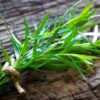
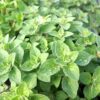

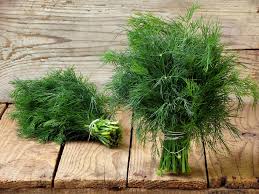
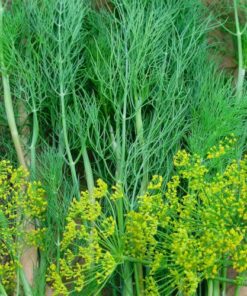
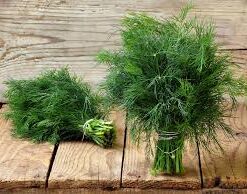
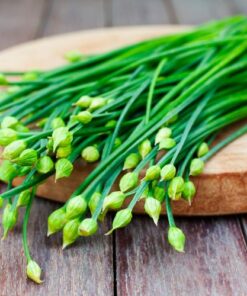
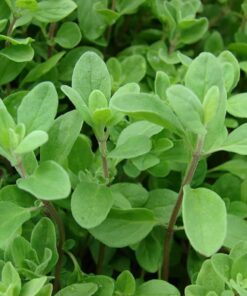
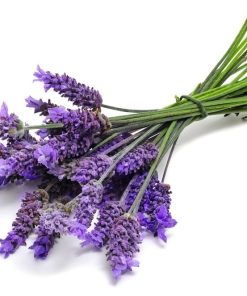
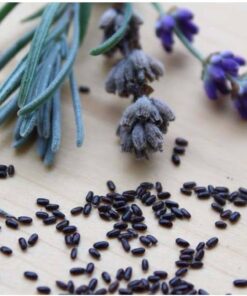
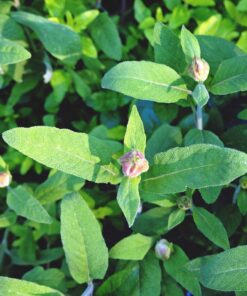
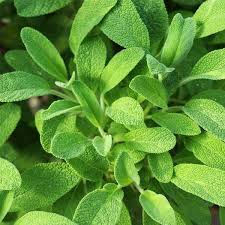
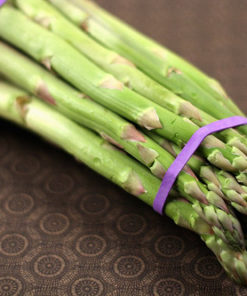
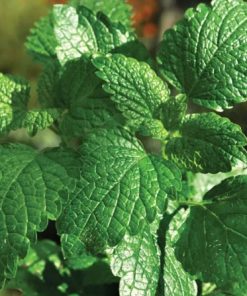
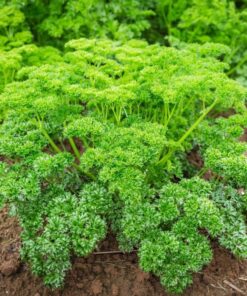
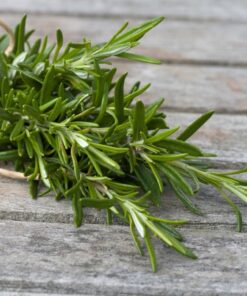
Reviews
There are no reviews yet.